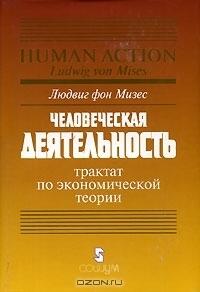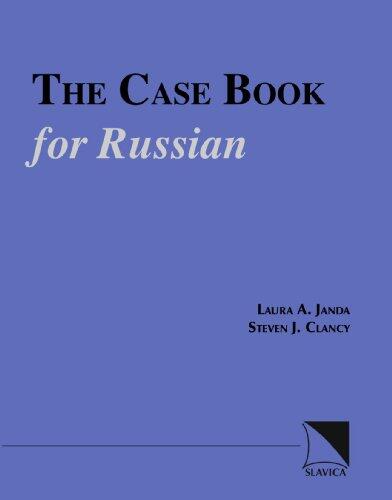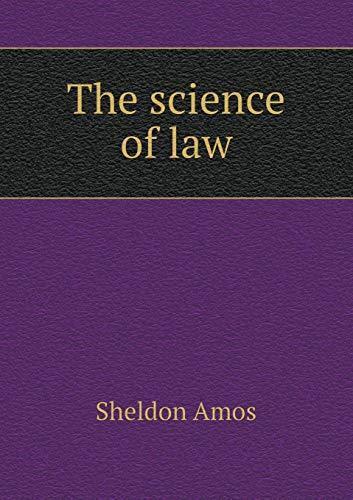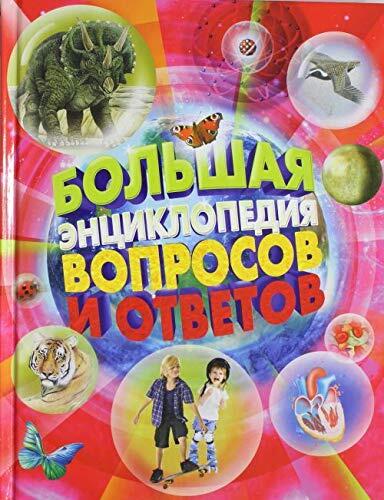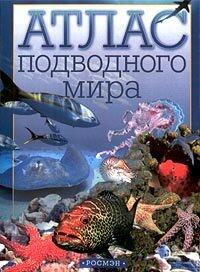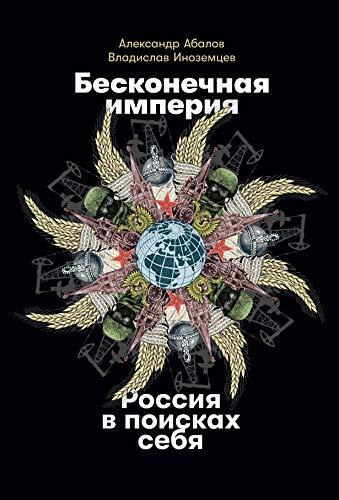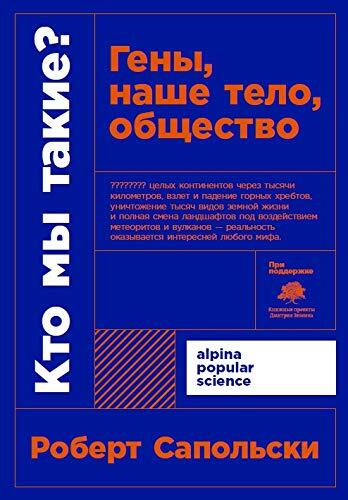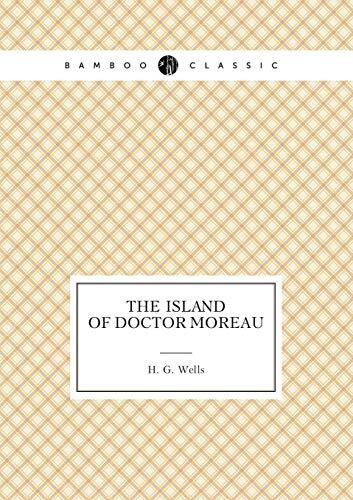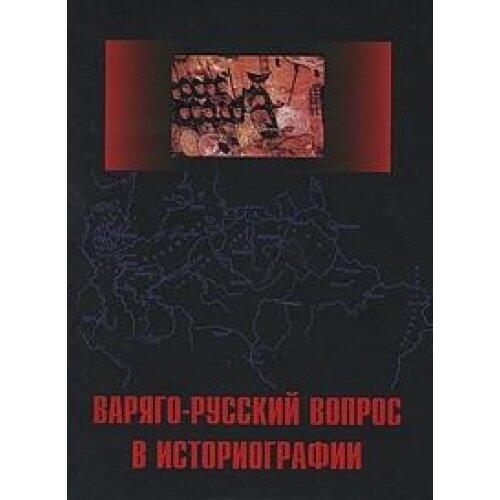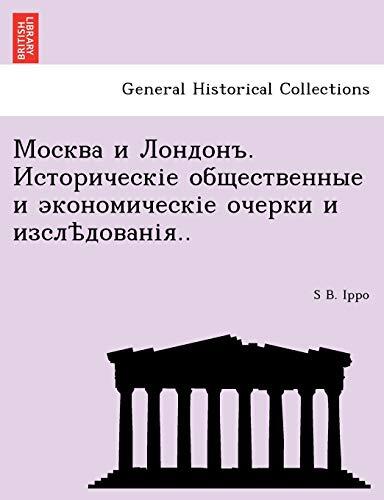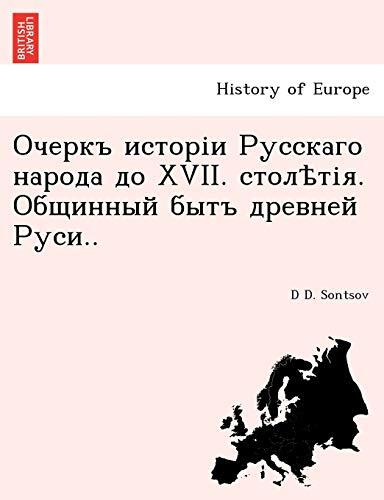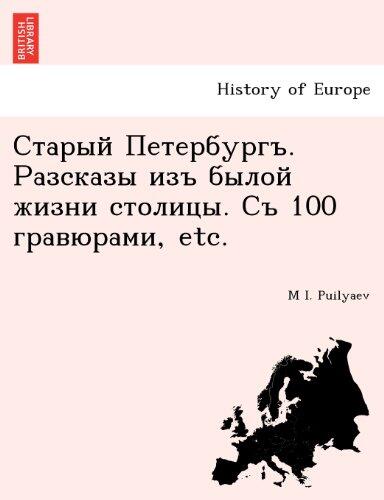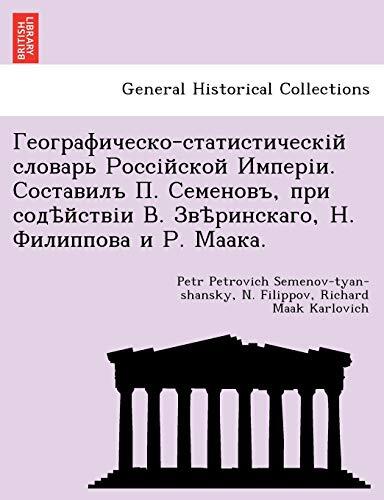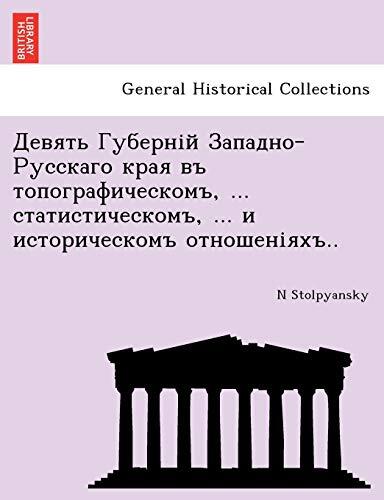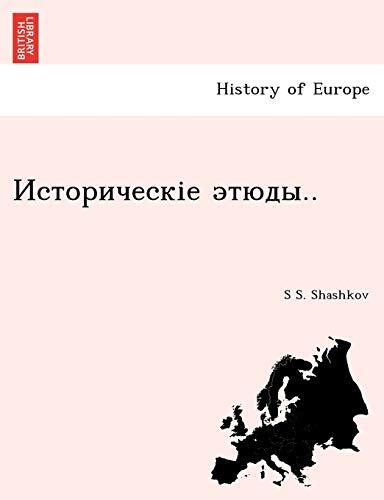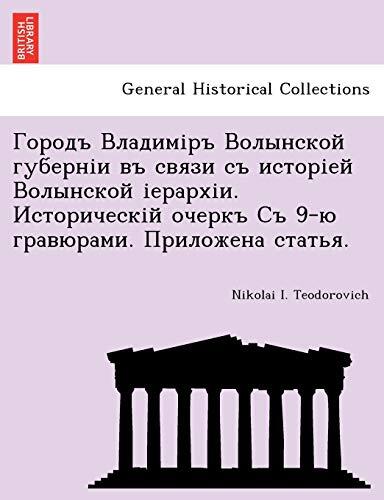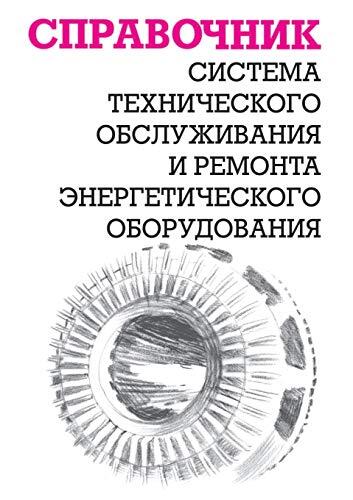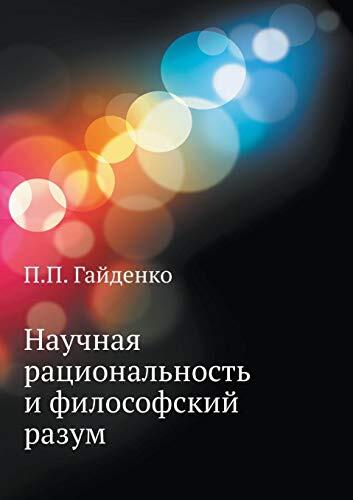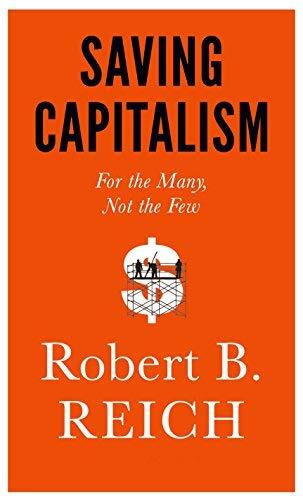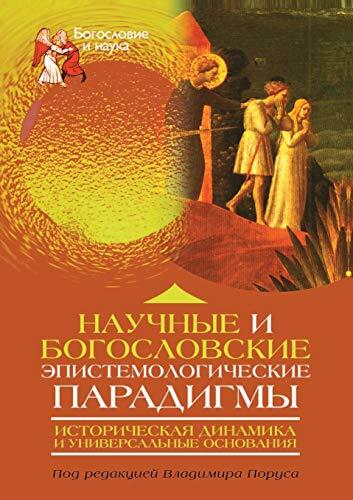
Nauchnye i bogoslovskie epistemologicheskie paradigmy Istoricheskaya dinamika i universal'nye osnovaniya
由
Pod red. V. Porusa
还没有评分
Science & Technology
格式
平装书
页数
274
语言
俄语
已发布
Jan 1, 2013
出版商
Book on Demand Ltd.
ISBN-10
5896471300
ISBN-13
9785896471301
描述
The volume explores the intricate relationship between scientific and theological epistemologies, delving into their historical dynamics and universal foundations. It presents a comprehensive analysis of how these two realms of knowledge have interacted over time, revealing the tensions, synergies, and philosophical inquiries that have shaped their development.
The contributors, under the editorial guidance of V. Porusa, bring together diverse perspectives from various fields, including philosophy, science, and theology. They examine key paradigms that have influenced both scientific thought and religious doctrine, illuminating the ways in which epistemological frameworks have evolved in response to cultural and historical shifts.
As readers navigate through the chapters, they encounter an array of historical examples that illustrate the interplay between faith and reason, and the challenges that arise when attempting to reconcile empirical evidence with theological beliefs. The discussions encourage a critical reflection on the nature of knowledge itself and how it informs human understanding.
This work not only serves as a scholarly resource but also invites a broader discourse on the implications of these epistemological paradigms in contemporary society, prompting readers to reconsider the foundations upon which their beliefs and knowledge systems are built.
The contributors, under the editorial guidance of V. Porusa, bring together diverse perspectives from various fields, including philosophy, science, and theology. They examine key paradigms that have influenced both scientific thought and religious doctrine, illuminating the ways in which epistemological frameworks have evolved in response to cultural and historical shifts.
As readers navigate through the chapters, they encounter an array of historical examples that illustrate the interplay between faith and reason, and the challenges that arise when attempting to reconcile empirical evidence with theological beliefs. The discussions encourage a critical reflection on the nature of knowledge itself and how it informs human understanding.
This work not only serves as a scholarly resource but also invites a broader discourse on the implications of these epistemological paradigms in contemporary society, prompting readers to reconsider the foundations upon which their beliefs and knowledge systems are built.
